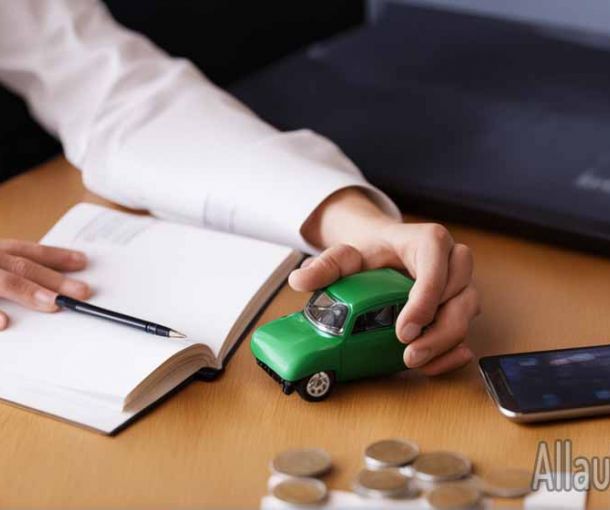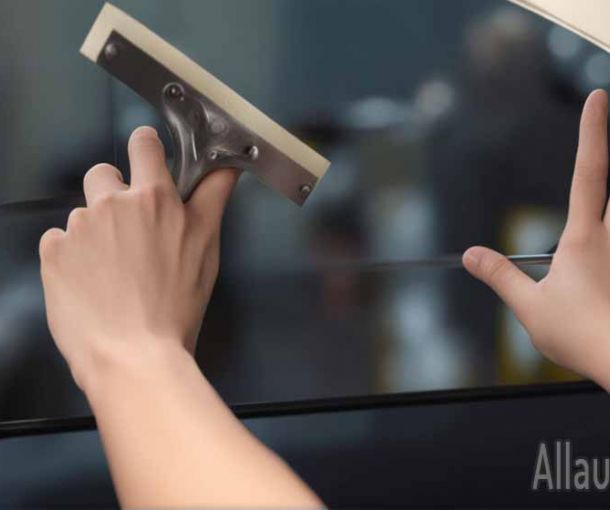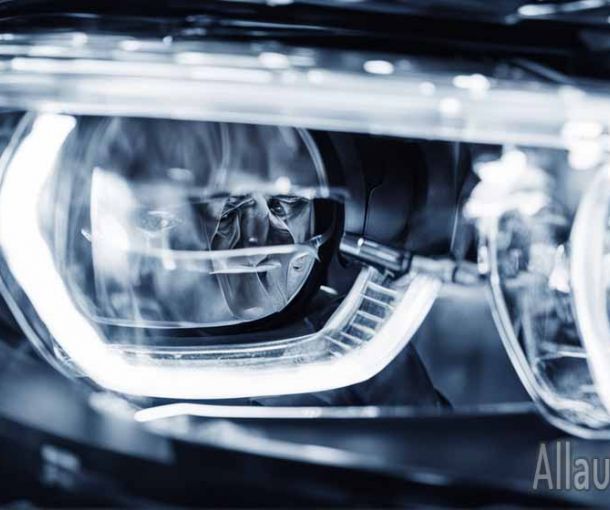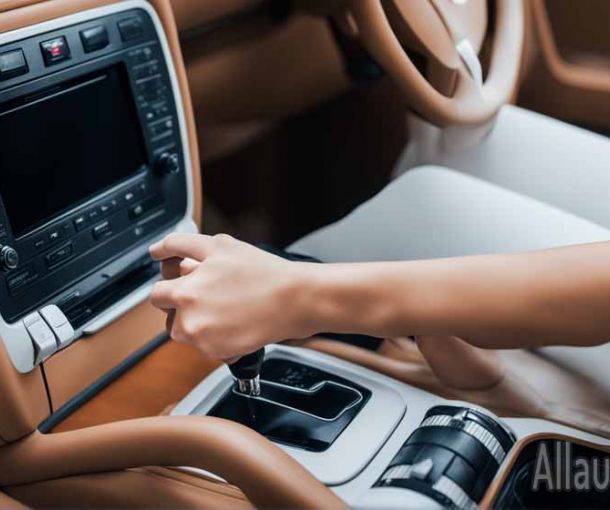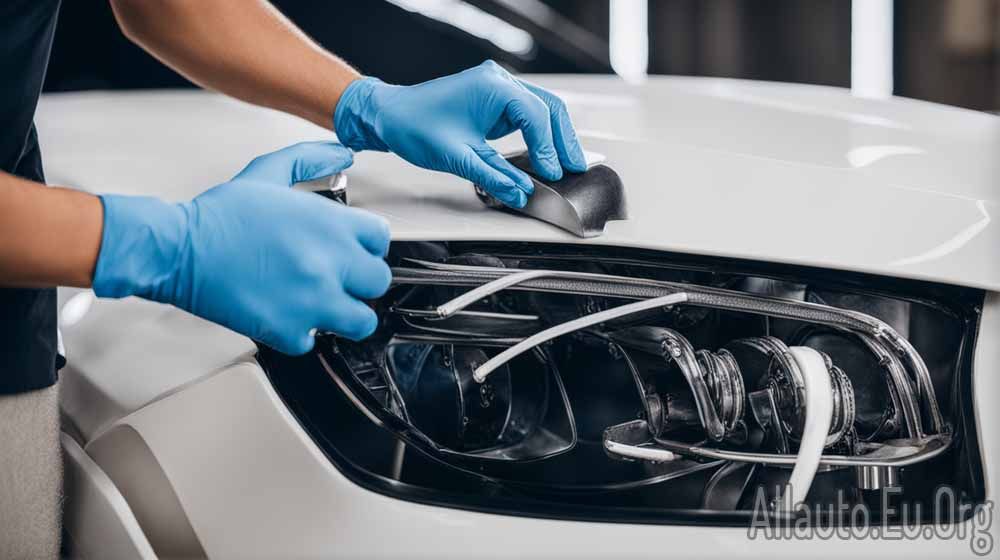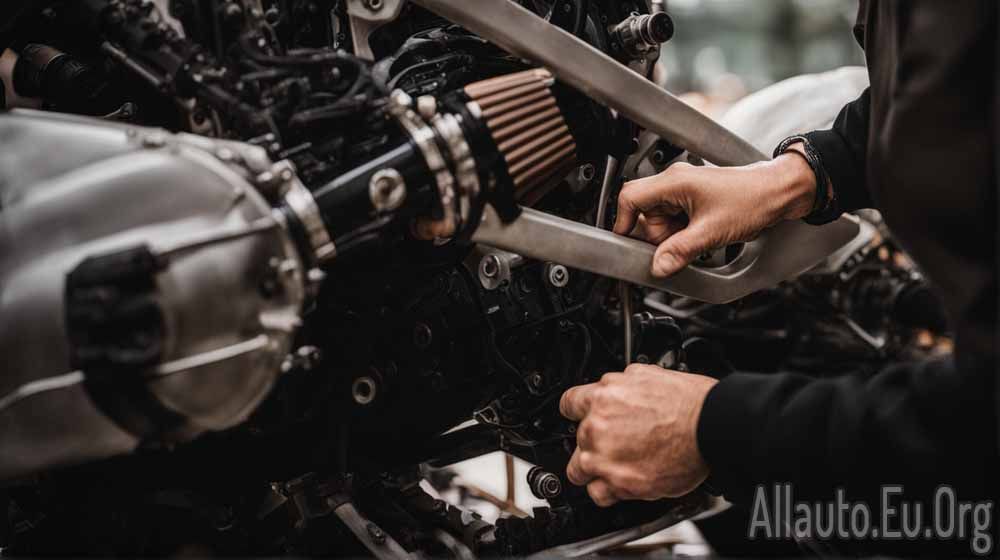

How to Avoid Common Auto Repair Scams and Rip-Offs
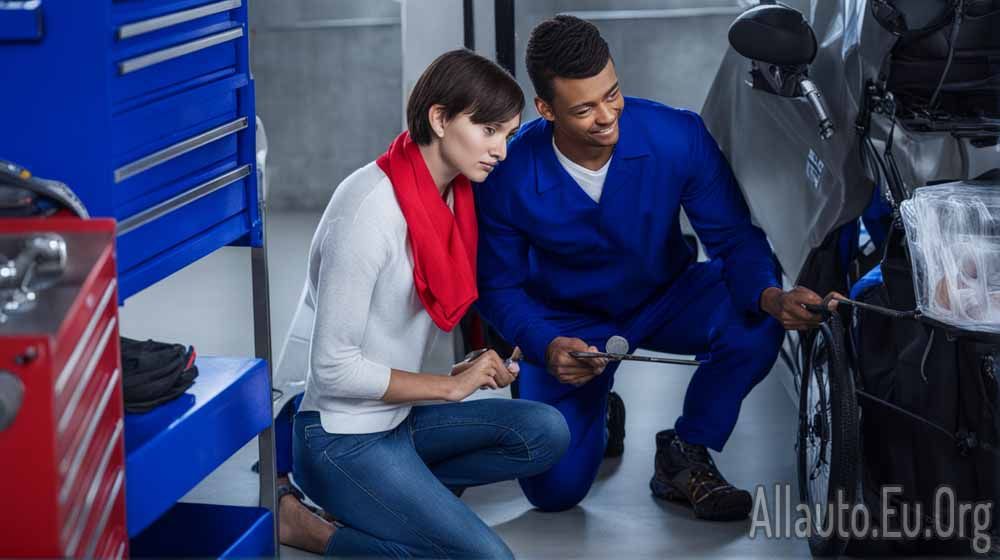
Car owners, both new and experienced, often dread taking their vehicles in for repairs. The fear of being scammed or ripped off is a common concern, and unfortunately, it's not unfounded. Auto repair scams and rip-offs happen more often than we'd like to admit, but the good news is that you can avoid them with a little knowledge and awareness. In this article, we'll discuss some of the most common auto repair scams and rip-offs and offer tips on how to avoid them.
-
Unnecessary Repairs
One of the most common auto repair scams is unnecessary repairs. Dishonest mechanics may suggest repairs that your vehicle doesn't need, or they may exaggerate the severity of the problem to inflate the cost of repairs. They may also suggest replacing parts that are still in good condition or performing maintenance services that are not necessary. This type of scam is especially prevalent among women and the elderly, who are often seen as easy targets.
How to Avoid It: Do your research and ask questions. Before agreeing to any repairs, get a second opinion from another mechanic or do your own research online. If you're not sure if a repair is necessary, ask the mechanic to explain the problem and why it needs to be fixed. If you feel like you're being pressured into a repair, it's okay to say no and take your car somewhere else.
-
Overcharging
Overcharging is another common auto repair scam. Dishonest mechanics may charge you more for a repair than it's worth, or they may add on unnecessary fees and charges. They may also charge for parts that they didn't actually replace or inflate the cost of parts and labor.
How to Avoid It: Get a written estimate before agreeing to any repairs. Make sure the estimate includes the cost of parts and labor and any additional fees or charges. Compare the estimate to other mechanics in the area to ensure you're getting a fair price. If you're not comfortable with the price, don't be afraid to negotiate or take your car somewhere else.
-
Bait and Switch
Bait and switch is a tactic that some auto repair shops use to lure you in with a low price or special offer, only to switch it up once you're there. They may advertise a low price for a specific service, only to tell you that your car needs additional repairs or services once you're there. Or they may switch out the advertised part for a more expensive one without your knowledge or consent.
How to Avoid It: Read the fine print and ask questions. If a deal seems too good to be true, it probably is. Make sure you understand what's included in the advertised price and what additional costs you may incur. If a mechanic suggests additional repairs or services, ask for an explanation and a written estimate before agreeing to anything.
-
Fake Repairs
Some mechanics may claim to have fixed your car, only to do a shoddy job or not do anything at all. This is a particularly egregious scam because not only are you out of money, but you're also still driving around in an unsafe vehicle.
How to Avoid It: Get a written estimate and ask for proof of the repairs. If possible, ask to see the old parts that were replaced. If you're not sure if a repair was actually made, take your car to another mechanic for a second opinion.
-
Upselling
Upselling is a common tactic that some mechanics use to increase their profits. They may suggest additional services or repairs that you don't need or that won't make a significant difference in the performance of your vehicle.
How to Avoid It: Ask questions and do your research. If a mechanic suggests additional services or repairs, ask why they're necessary and how they'll improve your car's performance. If you're not convinced, it's okay to say no and decline the upsell. Remember, you have the right to make an informed decision about what services and repairs your car needs.
-
Fake Discounts
Some auto repair shops may advertise discounts or special offers to lure in customers, only to inflate the price of the repair or service once you're there. This type of scam is especially prevalent in chain auto repair shops.
How to Avoid It: Read the fine print and ask questions. Make sure you understand what's included in the advertised discount and what additional costs you may incur. If the price seems too good to be true, it probably is. Compare the price to other mechanics in the area to ensure you're getting a fair deal.
-
Unqualified Mechanics
Finally, some auto repair shops may employ unqualified or inexperienced mechanics who don't have the skills or knowledge to properly repair your vehicle. This can result in shoddy workmanship, which can put your safety at risk.
How to Avoid It: Choose a reputable auto repair shop with qualified and experienced mechanics. Look for certifications and accreditations, such as ASE (Automotive Service Excellence) certification, which indicates that the mechanic has passed a series of rigorous tests and has the skills and knowledge necessary to perform high-quality repairs.
In conclusion, auto repair scams and rip-offs are unfortunately common, but with a little knowledge and awareness, you can avoid them. Do your research, ask questions, and choose a reputable auto repair shop with qualified and experienced mechanics. And remember, you have the right to make an informed decision about what services and repairs your car needs. By taking these steps, you can ensure that your car is repaired properly and safely, and that you're not taken advantage of by dishonest mechanics.
Tags
Latest Articles

Most Read
All Tags
Subscribe
Donate
Please consider supporting our efforts.
© 2023 All-Auto.ga All rights reserved.
